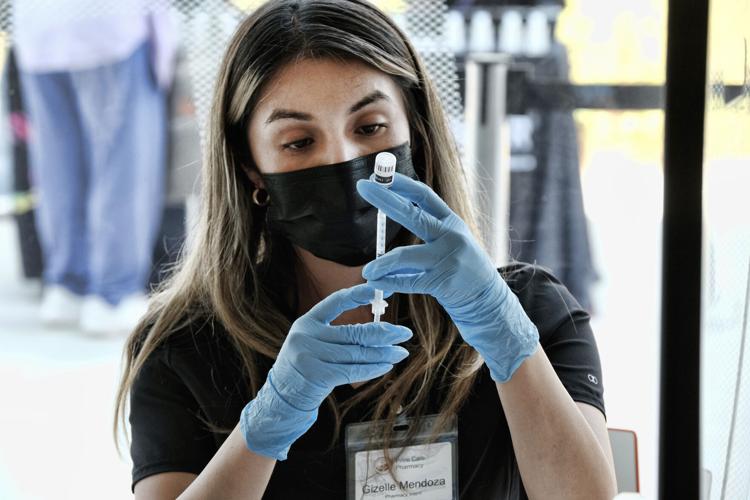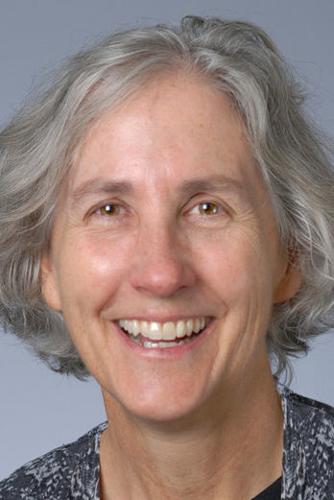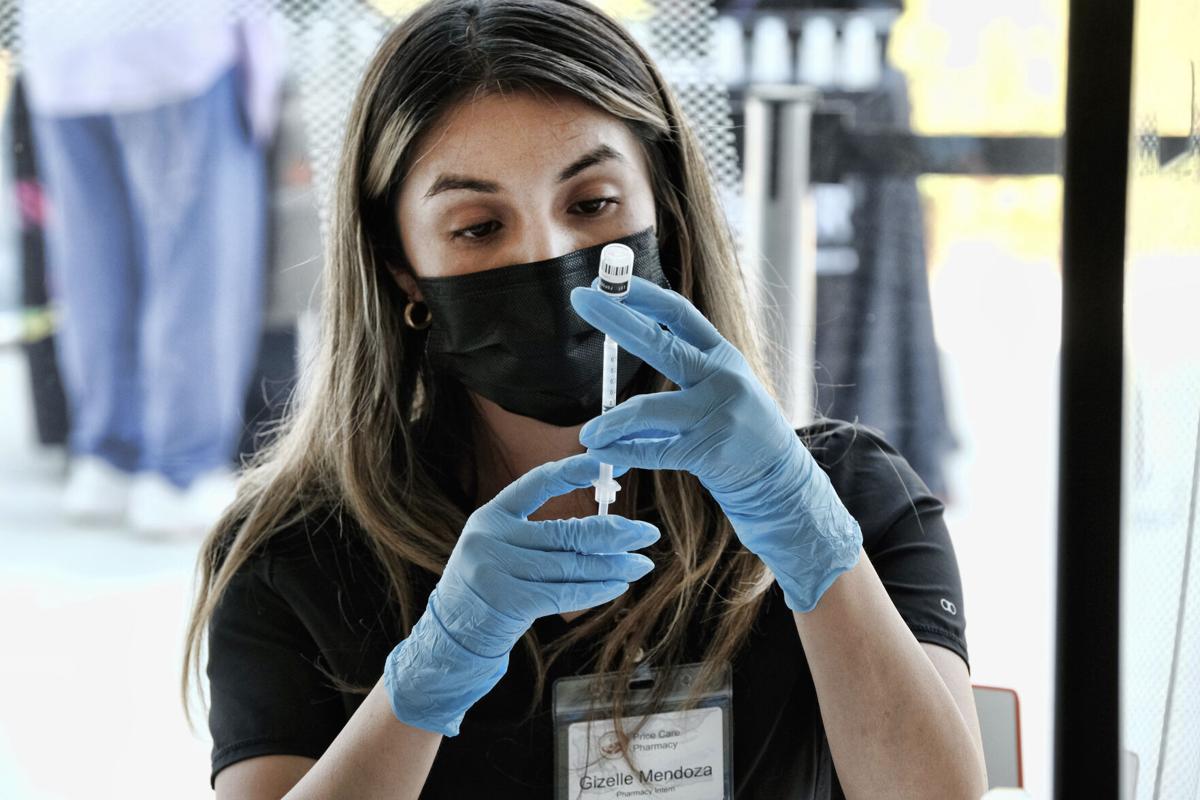The monkeypox vaccine will be distributed in Pima County the same way shots were first planned for COVID-19: Those at highest risk go first.
Based on what health officials know so far, the risk of monkeypox infection for the general population remains very small, said Pima County’s Health Department director, Dr. Theresa Cullen. Nationally there have been about 7,500 cases reported, including 100 in Arizona, and six in Pima County.
Local numbers are expected to increase this week, Cullen said, because they are currently investigating some suspected, but as yet unconfirmed, cases.
Those considered at high risk include health care workers in contact with infected patients, people directly exposed to a friend or family member with an active infection and individuals who have multiple male sex partners. However, monkeypox is not being classified as a sexually transmitted disease. Instead, it’s skin-to-skin contact that’s one of the main ways it transmits, Cullen said.
People with monkeypox get a rash that may be located on or near their genitals or anus as well as on their hands, feet, chest, face or mouth, the Centers for Disease Control and Prevention reports. The rash may look like pimples or blisters and may be painful or itchy. Scabs will form before healing.
Other symptoms of the virus can include fever, chills, swollen lymph nodes, muscle aches, headache and respiratory symptoms such as a sore throat, congestion or cough.
Overall, the symptoms are similar to those once seen in smallpox patients, although less severe. The case death ratio currently reported by the World Health Organization is 3% to 6%.
The county is using the vaccine called Jynneos, which is also known as Imvamune or Imvanex, that’s being imported to the United States from Europe. The drug is approved to prevent monkeypox and smallpox.
“Overall, the supply is inadequate for what we are seeing not only with the number of cases but the subsequent risk for individuals that are self-identifying (as high risk) based on behavior and exposure,” Cullen said.
For this reason, the county is considering following what other jurisdictions are doing and just giving the first dose — which she said gives 85% to 90% protection — instead of the recommended two doses, which are to be administered 28 days apart.

Cullen
People who are getting the vaccine here so far include those who filled out an online health questionnaire and then were invited to a county clinic for a shot. The online monkeypox risk questionnaire can be found at pima.gov/monkeypox.
Arizona has received 7,914 vaccine doses so far, with about 6,500 more expected during August. Half of that second round is scheduled to be shipped in mid-August, state Health Department spokesman Steve Elliott said, and the other half late in August.
Over the last weekend, about 398 county residents received the vaccine and about 230 more were distributed last week. Anyone who believes they have come in contact with an infected person is urged to contact the county’s health department in order to get vaccinated, and also to help the county trace cases.
“One of the points of that case investigation is to ensure that the individual has appropriate access to care but also to ensure that we can identify contacts,” she said. Those contacts then become eligible for the vaccine.
People can prevent infection by reducing the number of sex or intimate partners in their lives, Cullen said. In order to reduce the spread of the disease, Cullen said people who are high risk should check their skin regularly. Only one lesion is needed for there to be in infection.
The disease is also believed to spread through respiratory droplets, but only after many hours of exposure. Bedsheets are also believed to be a way the virus can spread if an infected person used the sheets and then another person sleeps against the sheet for at least six hours.
“Now, that may modify as we go along and learn more about this disease,” Cullen said.
The vast majority of the cases are not occurring in those situations, she said, but with skin-to-skin or intimate contact.
On Wednesday, the county and Tucson Medical Center will offer a monkeypox Webinar starting at 6 p.m. The website is tucne.ws/1l3o






